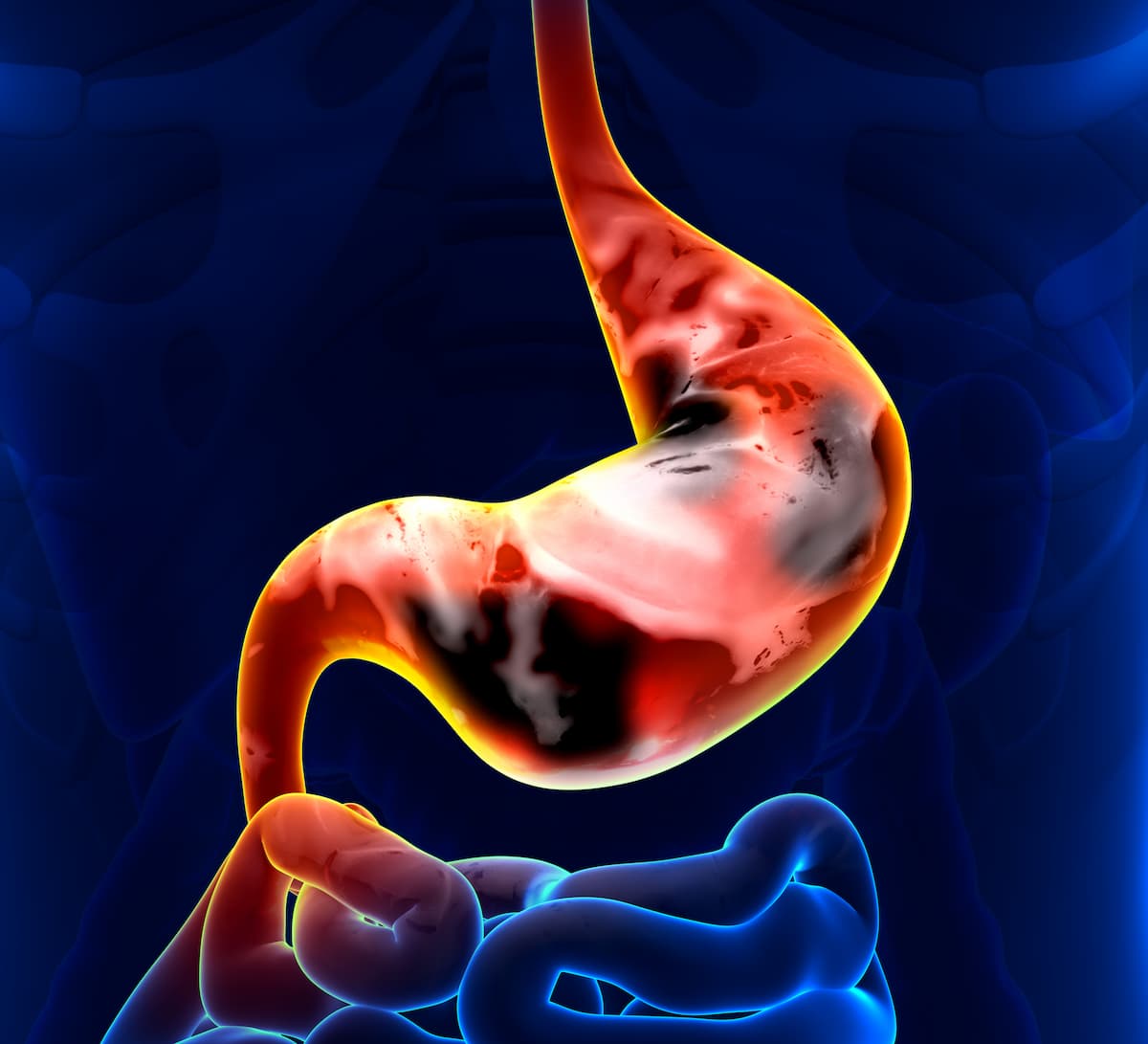Expanding Medicaid May Mitigate Disparities in Pancreatic/Gastric Cancers
Medicaid expansion may help overcome inequities in access to care for pancreatic and gastric cancers, with notable benefit in Black patients, according to an expert from The University of Texas MD Anderson Cancer Center.
"We found that Black patients in expansion states with stage IV disease experienced a net increase in receipt of surgery following Medicaid expansion compared to patients in non-expansion states," according to an expert from The University of Texas MD Anderson Cancer Center.

States that expanded Medicaid produced improved survival, particularly among Black populations, in pancreatic and gastric cancers, according to findings presented during a press briefing before the 2023 American Society of Clinical Oncology (ASCO) Annual Meeting.
Although not all states have expanded Medicaid, the results from this study demonstrate an attainable and concrete solution that is associated with improved survival, said Naveen Manisundaram, MD, MPH, research fellow at The University of Texas MD Anderson Cancer Center in Houston, during a presentation of the study ahead of the meeting.
Manisundaram and colleagues analyzed data from the National Cancer Database to compare mortality rates for patients with gastrointestinal cancers by race and by state before (2009-2013) and after Medicaid expansion (2014-2019).
“[This database] includes community hospitals as well as academic and National Cancer Institute-designated programs, and therefore represents the most comprehensive hospital database,” Manisundaram said.
Researchers performed a difference-in-difference analysis for this study, for which a negative difference-in-difference indicated a greater reduction in mortality in patients in Medicaid-expanded states compared with those in states that did not expand the program.
Findings from the study demonstrated that states that expanded Medicaid improved survival rates for both Black and White patients with pancreatic cancer compared with states that did not expand the program. In particular, Black patients who lived in expansion states experienced an 11.8% reduction in 2-year mortality rates compared with a 2.4% reduction in states without Medicaid expansion. A similar trend was shown for White patients (10.7% reduction vs. 8.6% reduction, respectively).
For patients with late-stage pancreatic cancer, living in states with Medicaid expansion improved mortality rates compared with the states without Medicaid expansion. Manisundaram noted that these significantly greater reductions in mortality in Medicaid expansion states translated to a negative difference-in-difference for Black patients with any stage or late-stage pancreatic cancer.
Results were similar for patients with colorectal cancer, but it was primarily observed in patients with stage IV disease. Black patients with advanced colorectal cancer had a 12.6% reduction in mortality in Medicaid-expansion states compared with a 6.1% reduction in non-expanded states.
“We found that Black patients in expansion states with stage IV disease experienced a net increase in receipt of surgery following Medicaid expansion compared to patients in non-expansion states,” Manisundaram said.
Medicaid expansion also improved survival for patients with gastric cancers. This was demonstrated by Black patients in expansion states having greater reductions in mortality compared with non-expansion states, which also led to a negative difference-in-difference.
“One possible reason for this improvement was that late-stage Black patients in expansion states experienced increases in receipt of chemotherapy following expansion,” Manisundaram said.
At the end of the presentation, session moderator Julie R. Gralow, MD, FACP, FASCO, chief medical officer and executive vice president of ASCO, commented that although there are many analyses on the impact of Medicaid expansion, the strength of this analysis was the fact that it compared rates before and after expansion.
“Hopefully with solid data like this, we’ll be able to provide evidence that Medicaid expansion and the result in improved access to care can really hope help overcome the inequities in access,” she said.
She added that 40 states and the District of Columbia have now expanded Medicaid, with a few more just expanding the program in 2023, though they have not gone into effect yet.
Of note, the Affordable Care Act was passed in 2010 “to improve health care access through providing insurance coverage for low-income patients,” Manisundaram said in the presentation. The law included an expansion provision to provide funding from the federal government for states participating in the program.
Previous studies have shown that expanding Medicaid has improved access to care for patients with cancer, which includes screening and receiving cancer treatments.
Reference
Manisundaram N, Snyder RA, Hu C-Y, et al. Racial disparities in cancer mortality in patients with gastrointestinal malignancies following Medicaid expansion. J Clin Oncol. 2023;41(16). Abstract 6546.